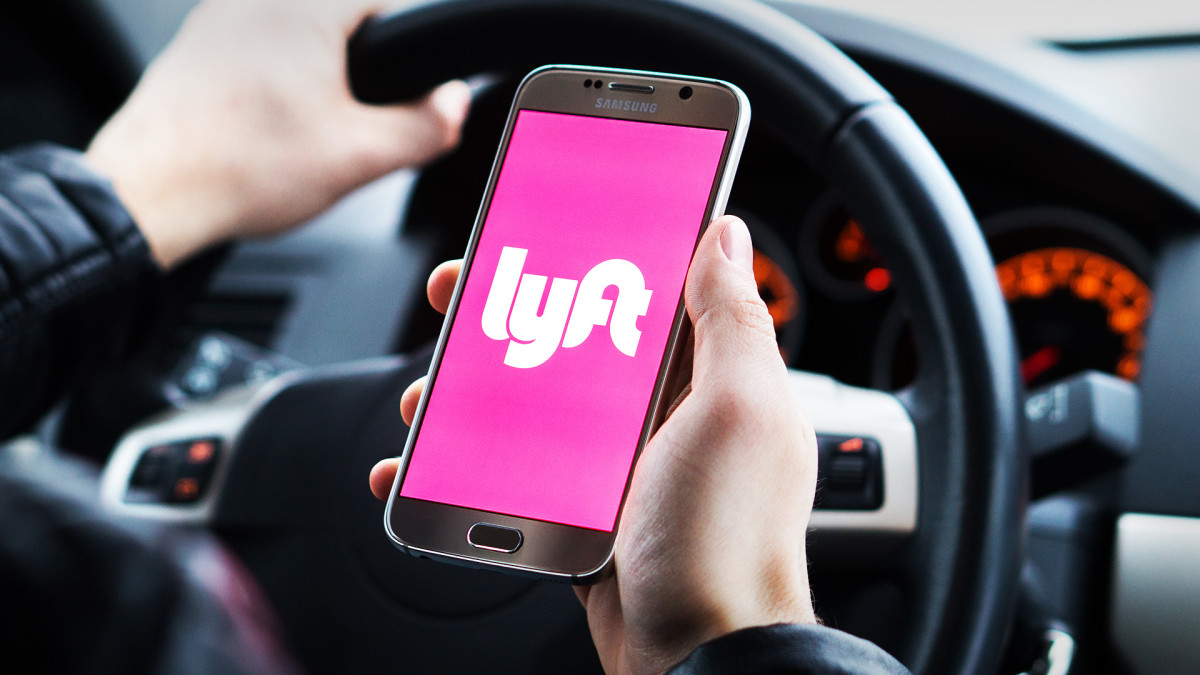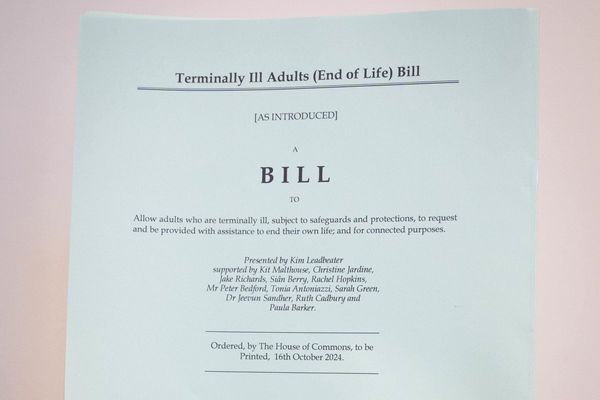
Taxis have been around for forever, so consumers have been conditioned to accept rides from complete strangers for a while.
The advent of ride-hailing services like Lyft (LYFT) -) and Uber (UBER) -) has transformed the transportation industry, but some of the issues women had with the old system are still prevalent in this next iteration.
Related: New law could force Uber, Lyft to abandon major US city
In 2022, Uber released data showing that there were nearly 1,000 sexual assaults — including 141 rape reports — throughout its system in 2020.
Despite Uber's claims of heavily vetting its drivers, the company received reports of 3,824 of the five most severe categories of sexual assault — which according to CNN range from “non-consensual kissing of a non-sexual body part” to “non-consensual sexual penetration,” or rape — between 2019 and 2020.
It's enough to make someone think twice about using a service that is designed to be used when a person can't drive — often because they are intoxicated — late at night.
To assuage the anxiety of some riders, Lyft announced it is launching a feature that prioritizes matching women and non-binary drivers with riders who are also women and non-binary.
More Technology:
- The company behind ChatGPT is now facing a massive lawsuit
- Prominent EV company says latest deal will be the first of many
- Apple makes a big new move with Elon Musk's Twitter
Drivers and riders who indicate their gender preference as a women or non-binary in the app, or even users with names that are commonly identifiable as female, will be given access to an opt in feature Lyft is calling "Women+ Connect."
This switch makes it more likely for the rider or driver to be matched with someone of the same gender.
While women only make up 23% of Lyft drivers, they make up about half of its rider base, the company says, and it hopes the new feature will attract more women drivers.
“Women drivers like the flexibility that (Lyft) offers for earnings, but there are times, you know, late at night, or Saturday night when things get a little rowdy, that they think to themselves gosh, I just don’t always feel comfortable,” said CEO David Risher, according to Bloomberg.
Women+ Connect will begin its rollout it Chicago, San Diego, San Francisco and Phoenix because there are more favorable ratios of women riders to drivers in those cities based on gender information on those states' drivers licenses.
Uber meanwhile has a similar program called "Women Rider Preference" that is currently only available outside of the U.S. in 22 other markets.
Action Alerts PLUS offers expert portfolio guidance to help you make informed investing decisions. Sign up now.







